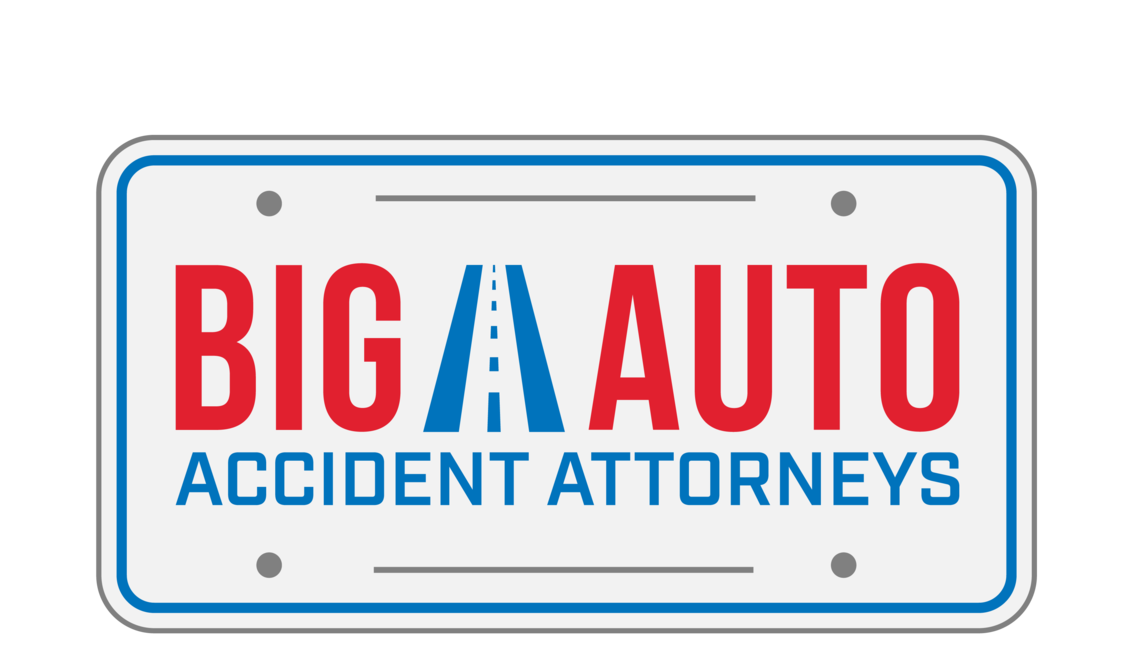Tailgating Accident Attorneys Big Auto
FREE CASE REVIEW FREE CASE REVIEW ⟶YOUR NATIONAL TEAM
BIG AUTO has won MILLIONS for their clients
Tailgating is a common occurrence on American roads. This dangerous driving behavior causes about one-third of all car crashes in the United States. Victims of tailgating accidents may have severe injuries and face serious financial consequences, such as thousands of dollars in medical bills and significant time off work. If a tailgating driver caused your injuries, an experienced car accident attorney can help you recover.
You Need Big Auto.

Your message has been sent
Thank you for contacting Big Auto, a representative will be in touch within 24 hours.
By clicking “submit” a visitor understands and agrees that sending information to the firm will not create an attorney/client relationship and may not be kept confidential. Information sent through this link will be used to check for conflicts and schedule a consultation. An attorney-client relationship is formed only when both a potential client and a lawyer with the firm both sign a fee agreement. By submitting your contact information, you agree that we may contact you by telephone (including text) and email in accordance with our Terms and Privacy Policy.
Where Can You Find a Tailgating Accident Lawyer?
Big Auto Accident Attorneys is an auto accident law firm that co-counsels with experienced accident lawyers around the country. Our national team has the resources to maximize your recovery no matter where you live in the U.S. Contact us today to schedule a free consultation.
To learn more about your rights after an accident, call us today at 1 (844) BIG-AUTO
How much does it cost to start my case?
If we don’t win, your case is free. When we take on your case, we’re confident we can obtain a recovery you’re entitled to. In fact, we won’t charge you anything if we don’t win for you.
FREE CASE REVIEW FREE CASE REVIEW ⟶Case Type FAQ
What Is Tailgating?
Why Is Tailgating Dangerous?
Is Tailgating Illegal?
Why Do Drivers Tailgate?
What Should You Do If a Driver is Tailgating You?
Who Is Liable for a Tailgating Accident?
How Can a Tailgating Accident Lawyer Help?
What Types of Injuries Do Tailgating Accidents Cause?
What Kind of Compensation Can You Get for Injuries From a Tailgating Accident?
What Is Tailgating?
When drivers don’t leave enough space between their car and the car in front of them, they are tailgating. How close is too close?
There is no hard and fast rule to define tailgating. Generally, drivers are following too closely if they can’t make an emergency stop without hitting the vehicle in front of them.
A minimum of three seconds of space between vehicles is a good rule of thumb, but safe following distances vary depending on visibility, weather, traffic or road conditions and the size, weight, speed and type of vehicle. Drivers of larger and heavier vehicles should leave more space than drivers of small, light vehicles because it takes longer to stop a heavy vehicle.
Similarly, drivers traveling on surfaces with poor traction, such as wet pavement or gravel, must leave additional space to account for longer stopping times. Drivers should also leave more space when driving in conditions where they should expect frequent stops, such as heavy traffic.
Why Is Tailgating Dangerous?
Tailgating drivers have less time to stop if the vehicle in front of them slows down or stops suddenly, increasing the chance of a rear-end collision. Tailgating on congested roads or during bad weather can cause chain reaction accidents where one vehicle hits another and then pushes that vehicle into an additional vehicle. Chain reaction crashes on busy roads can result in dozens of collisions.
Poor road conditions, reduced visibility and excessive speed make tailgating more dangerous, because of the potential for severe injuries and property damage. Chain reaction accidents often result in severe injuries, deaths and substantial property damage, particularly if the crash involves many vehicles.
Is Tailgating Illegal?
Tailgating is a traffic violation in every state in the United States. However, because the definition of tailgating is subjective, the judgment of law enforcement and courts plays a role in whether tailgaters receive a ticket.
Why Do Drivers Tailgate?
Drivers may tailgate intentionally or accidentally for a variety of reasons. Often, drivers overestimate their ability to react quickly to a sudden stop or underestimate how long it will take to stop their vehicle.
Distracted Driving
Distracted driving is a frequent cause of accidental tailgating because distracted drivers may not realize how closely they are following a vehicle or fail to notice when the vehicle in front of them slows down or stops. Additionally, distracted drivers are more likely to engage in other risky behaviors, such as speeding.
Common sources of distracted driving include:
- Texting or talking on a cellphone
- Eating or drinking
- Adjusting vehicle controls, such as the radio or GPS
- Talking to passengers or turning around to deal with children in the backseat
- Reaching for a dropped cell phone, cigarette or other object
If you noticed the driver behind you engaging in these types of behaviors before they caused your accident, include this information in your insurance claim or lawsuit.
Driving Under the Influence
Driving under the influence of drugs or alcohol can lead to intentional or accidental tailgating. Impaired drivers may misjudge their speed or have less ability to assess how long it will take to stop their vehicle.
Intoxicated drivers may have slower reaction times, which can increase the amount of time and space they need to stop their vehicles. Some drivers become agitated or aggressive when intoxicated which may lead to aggressive driving, including tailgating.
Road Rage or Aggressive Driving
Road rage or aggressive driving is a common cause of intentional tailgating. Frustrated drivers may tailgate as a way to take out their anger on other drivers or punish them for perceived slights, such as driving too slowly or cutting off other drivers. Aggressive drivers may compound the problem by speeding, which further increases stopping time and can increase the severity of collisions.
Running Late or Stuck in Traffic
Sometimes people who normally drive carefully tailgate when they are running late or are stuck in traffic. Drivers may engage in this behavior because they think it will get them to their destination faster, because of frustration or because they are trying to intimidate the driver in front of them into driving faster.
What Should You Do If a Driver is Tailgating You?
If you notice a driver tailgating you, stay calm. Aggressive maneuvers, such as slamming on your brakes, or making obscene gestures may escalate the situation or cause an accident.
If you can safely do so, reduce your speed gradually or change lanes to encourage the other driver to go around you. If you can’t change lanes, consider taking the next right turn or exit to get away from the driver. If the driver follows you, call the police.
If the tailgating driver causes an accident, call 911 to get medical help for your injuries and alert the police so you can file an accident report. Get medical treatment even if you do not think you have injuries. Some car accident injuries may take days or weeks to cause symptoms. Prompt medical care is important for your health and your personal injury case.
Document your accident. Get the other driver’s name, contact information, insurance information, driver’s license number, and the make, model, color and license plate number of the vehicle. Take photos and videos of the accident scene, injuries and property damage.
Get contact information for any witnesses. Get a copy of the police report. Contact a tailgating accident attorney before you talk to the insurance company.
Who Is Liable for a Tailgating Accident?
Most of the time, the driver of the rear vehicle will be at fault for a tailgating accident. However, some portion of the blame may belong to the driver of the front vehicle if they stopped suddenly for no reason or to retaliate for the rear driver’s tailgating.
Determining liability becomes more complex when an accident involves more than two vehicles. A tailgating accident attorney can identify who is at fault for your accident.
How Can a Tailgating Accident Lawyer Help?
A tailgating accident lawyer will conduct a thorough investigation to determine who is liable for your injuries and property damage and help you pursue compensation through insurance or a lawsuit. Working with an attorney is particularly valuable when there are complicating factors such as fatalities, severe injuries, complex laws, multiple vehicles, government employees or agencies, or uninsured drivers.
A car accident lawyer will know the applicable laws, find potential sources of compensation, estimate the value of your case, help you file paperwork and keep track of deadlines. Your attorney can also negotiate on your behalf and prevent you from damaging your case by saying the wrong thing to the insurance company or accepting a settlement offer that is too low.
What Types of Injuries Do Tailgating Accidents Cause?
The severity of injuries from tailgating accidents can vary from cuts and bruises to life-threatening injuries or fatalities. Injury severity depends on factors such as the speed and size of the vehicles, road conditions, safety features, the angle of the collision and the age and health of the vehicle occupants.
Whiplash
Whiplash is one of the most common injuries that tailgating accidents cause. Whiplash happens when the force from a collision causes the occupants of the vehicle to rapidly move forward and then back. Whiplash can cause stiffness, pain, and reduced range of motion in the neck and back.
Brain and Head Injuries
Serious head and brain injuries, such as concussions or skull fractures, can happen when the vehicle occupant’s head strikes the steering wheel, windshield, airbag, headrest or another object. Because head injuries can become life-threatening, immediate medical attention is necessary.
Back and Spine Injuries
The force of a car crash can twist and turn the body, resulting in strained muscles, spinal fractures, herniated discs and spinal cord damage. Severe back injuries may cause permanent disability.
Broken Bones
Drivers may suffer broken bones in the hands, arms, feet and legs due to forces exerted while gripping the steering wheel or pressing on the brakes. Impacts with airbags or parts of the vehicle can also break bones.
What Kind of Compensation Can You Get for Injuries From a Tailgating Accident?
If a tailgating driver’s negligence caused your accident, you can get compensation for your medical bills, lost wages, disfigurement, permanent disability, pain and suffering, property damage and the loss of use of your damaged vehicle. If the tailgating driver’s behavior was particularly dangerous, the court may award punitive damages to punish the driver in addition to your other damages.
Other Cases We Handle
 Learn more about Big Auto motorcycle accident cases.
➙
Learn more about Big Auto motorcycle accident cases.
➙
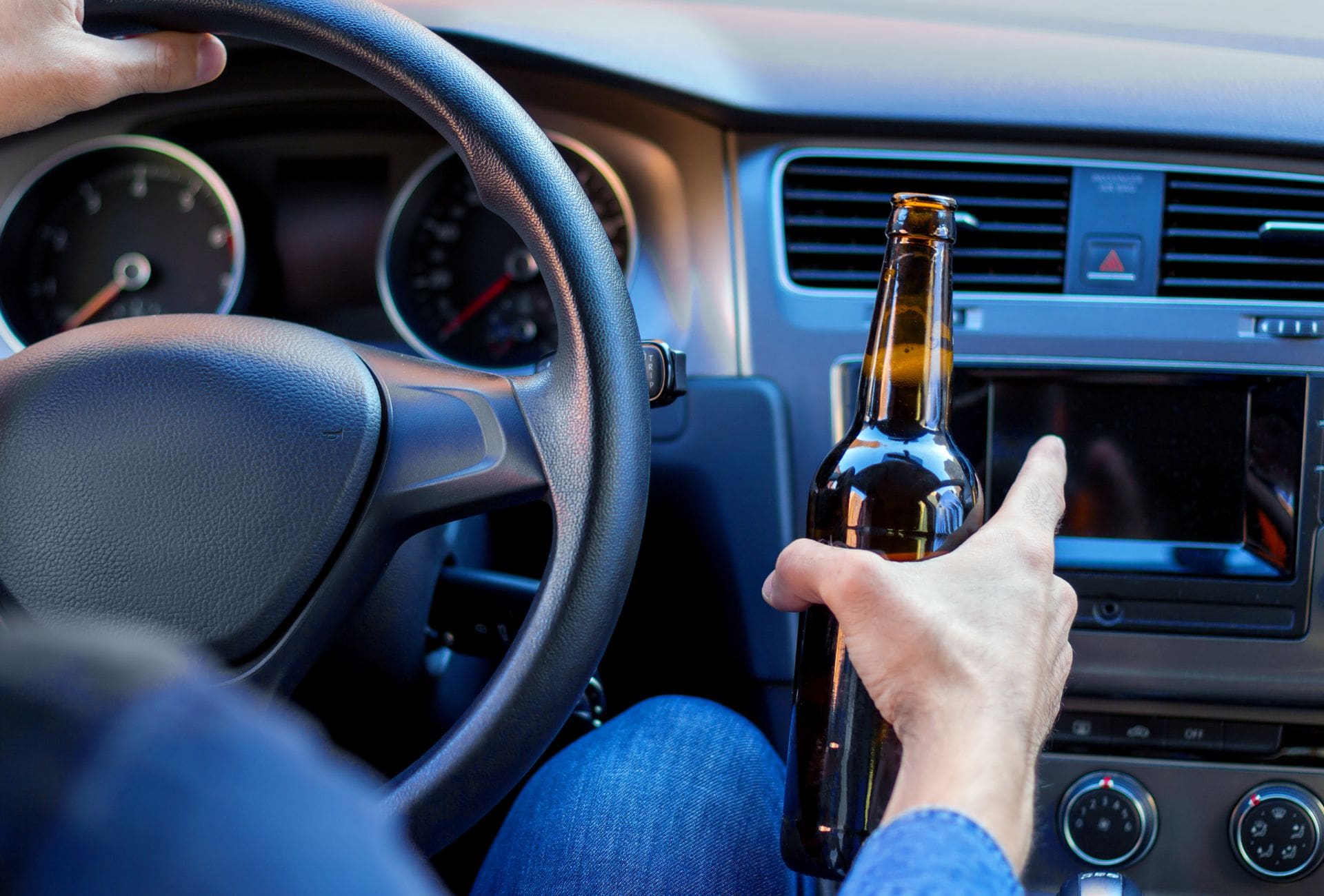 Learn more about Big Auto drunk driving accident cases.
➙
Learn more about Big Auto drunk driving accident cases.
➙
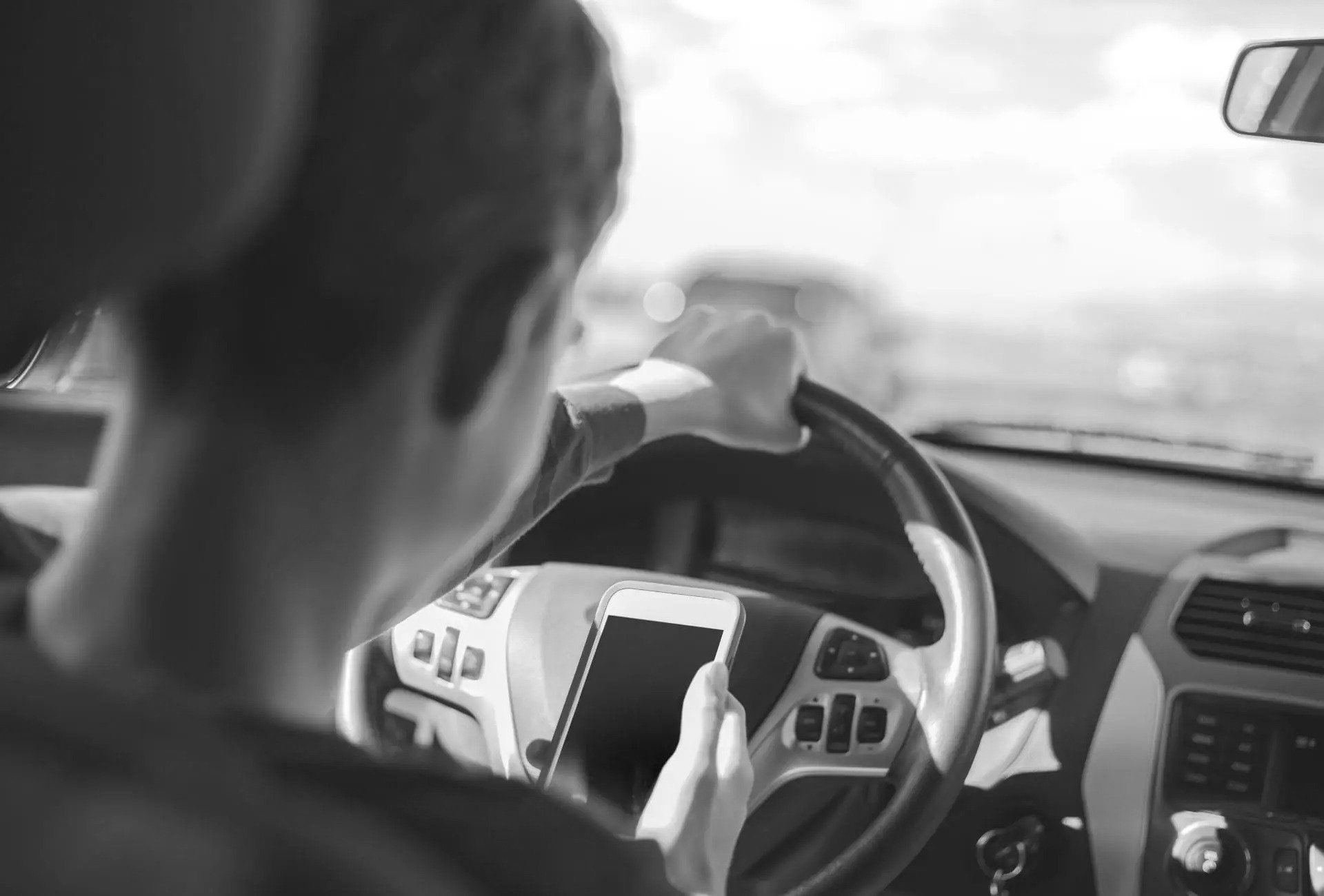 Learn more about Big Auto distracted driving accident cases.
➙
Learn more about Big Auto distracted driving accident cases.
➙
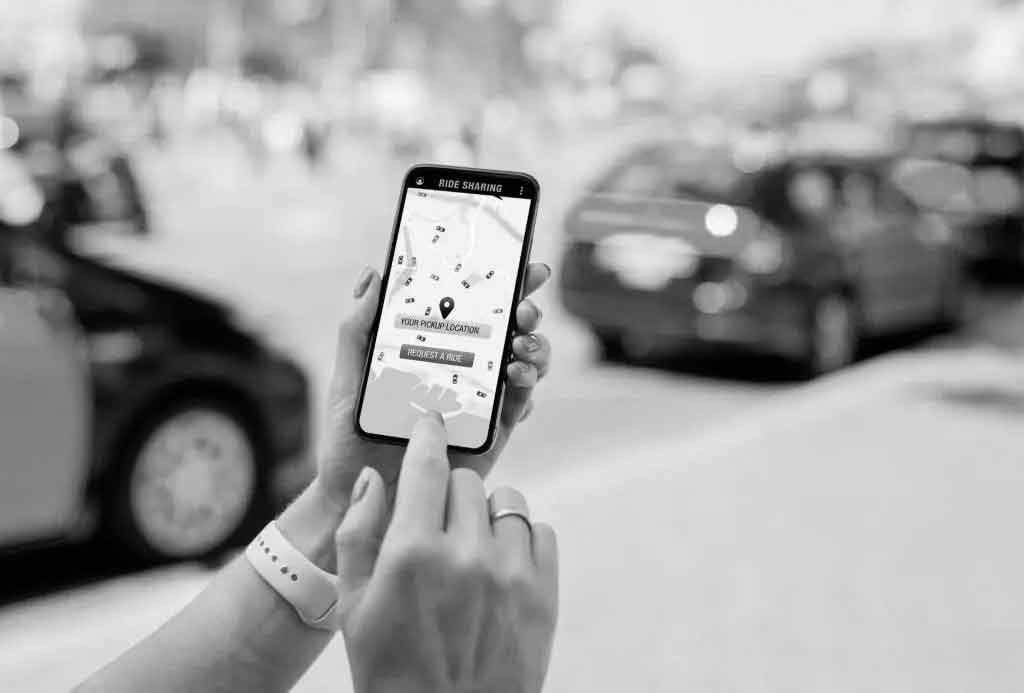 Learn more about Big Auto rideshare accident cases.
➙
Learn more about Big Auto rideshare accident cases.
➙
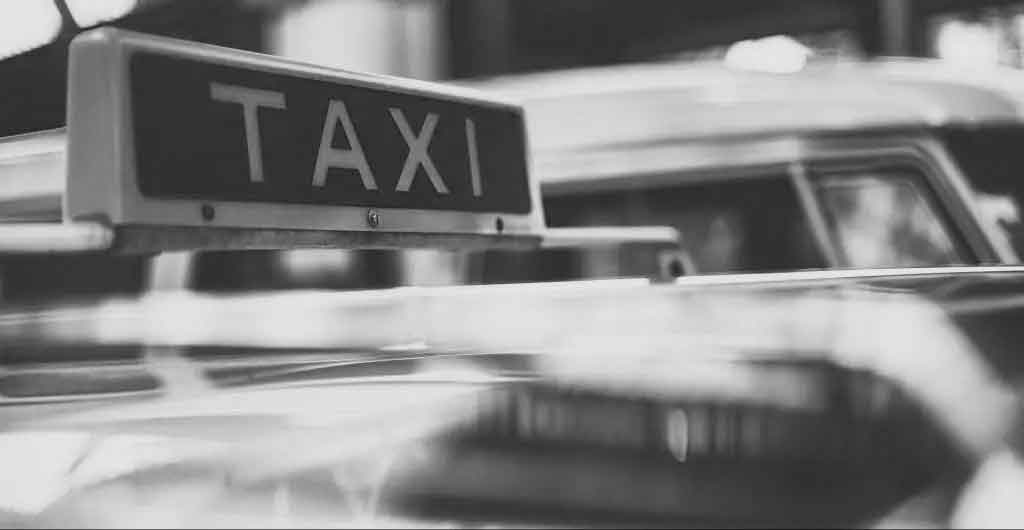 Learn more about Big Auto taxi accident cases.
➙
Learn more about Big Auto taxi accident cases.
➙


